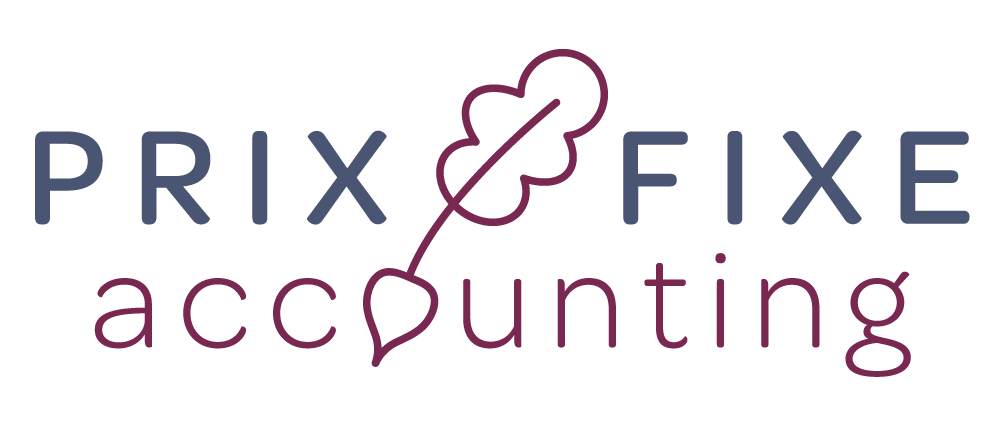When it comes to owning a small restaurant, it takes more than simply creating delicious food to ensure your business succeeds. What about the backend side of things? You know, the business admin and bookkeeping? Even the smallest of restaurants need to keep an eye on their accounts to effectively manage the day-to-day finances of their business and track any profits they’re making while knowing where to make any future improvements.
Here are the first steps you should take to get you started.
Consider how you will keep your records
Depending on your budget, there are various ways that you can keep your books, ranging from setting up your own spreadsheet to hiring a professional team of accountants who provide restaurant bookkeeping services and can do all of the hard work for you.
Know what bookkeeping tracks
In short, if you’re doing your own bookkeeping, you need to track each of these things:
• Sales: How much money is going into your till
• Cost of food and supplies: How much money you’re spending on food for your menu
• Labour: How much money you’re spending on staff labor
• Inventory value: The monetary value of the stock you are holding at all times
• Fixed costs: These are usually regular outgoings, such as rent and waste disposal
• One-off costs: Anything unexpected that you’ve spent money on
Accounting ratios
To work out where there is room for improvement at your restaurant, you should create monthly profit and loss statements using the information above. You can then use the following formulae to determine future business strategies:
• Gross profit = sales – cost of goods sold
You can use this figure to create sales targets
• Gross profit margin = (gross profit / revenue) x 100
You can use this figure to help set prices on your menu
• Operating profit = gross profit – operating expenses (including labor, fixed costs, one-off costs)
This is the amount left over after all operating costs are taken from gross profit
• Net profit = operating profit – taxes and other expenses
Ultimately, this is the figure you need to focus on to determine whether your restaurant is making money or not.
Tips for small restaurant bookkeeping
It can seem pretty overwhelming at first, so here are our top tips to bookkeep efficiently:
• Keep track of every payment, including all of the dates they were made
• File bank statements and invoices in order, so you have them on record, and they are easy to locate when necessary
• Be strict with creating monthly profit and loss statements
• Consider hiring a company to do your bookkeeping for you, which will, in turn, free up your time, so you can concentrate on growing your restaurant business
It’s perfectly understandable to want a team of qualified accountants to look after your books for you, especially if you’re a chef with a passion for delivering mouth-watering meals or a restaurateur with a desire to mingle with diners front-of-house. Of course, hiring professional bookkeepers also reduces the risk of error when it comes to your financial recordings.
If you’re a small restaurant owner, then get in touch with PrixFixe. Our friendly team of experts provide accounting and bookkeeping services, specifically for businesses within the hospitality industry.

